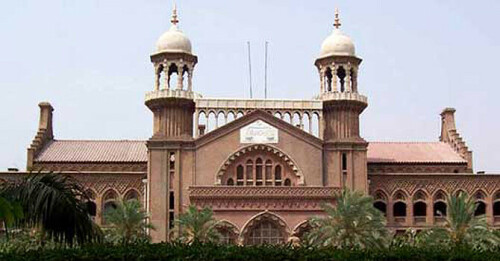CONTROVERSY is brewing in Khyber Pakhtunkhwa over the application of the Customs Act in the Provincially Administered Tribal Areas.
While the law had been extended to Pata in 1975, it was not being enforced — until the KP governor issued a notification on March 28 for the implementation of the law in the region.
However, this decision has galvanised a wide variety of forces, all united in their opposition to the law’s enforcement in Pata.
Leading the chorus of opposition is the PTI-led KP government itself; according to a special assistant to the provincial chief minister, the administration has decided to revoke the law, while KP’s finance minister, who belongs to the Jamaat-i-Islami, has also been vocal in his opposition.
Even the ANP has been critical of the idea of enforcing the law in Pata. But rather than getting carried away by emotions, or worse, pandering to vested interests, political forces in KP must realise what is at stake here.
One argument being made is that Pata — particularly Malakand — is not ready for more taxation because it has suffered from terrorism as well as natural calamities.
Yet owing to the non-enforcement of the Customs Act, Fata and Pata have become havens for smugglers. For example, as pointed out in this paper, there are thousands of non-custom paid vehicles operating in both tribal regions.
Not only does this facilitate tax evasion, it also creates opportunities for criminals and militants who can use such vehicles to commit acts of terrorism.
In fact, it was after the APS Peshawar attack in 2014 that the apex committee decided to enforce the law in Pata.
The state should stand firm on enforcing the Customs Act in Fata and Pata to crack down on tax evasion and criminality.
Looking at the larger picture, the controversy also raises questions about the mainstreaming of the tribal areas. Instead of using colonial tools to govern Fata and Pata, both regions need to be brought into the national mainstream.
It was the alienation of the local populations, as well as a flawed justice system and the absence of fundamental rights, that spurred on extremist movements in both Malakand and the tribal areas.
In other words, there should be a single set of laws for the entire country, with fundamental rights for all citizens, while vacuums that allow criminality to thrive must be quickly filled by the presence of the state.
Published in Dawn, April 9th, 2016










































